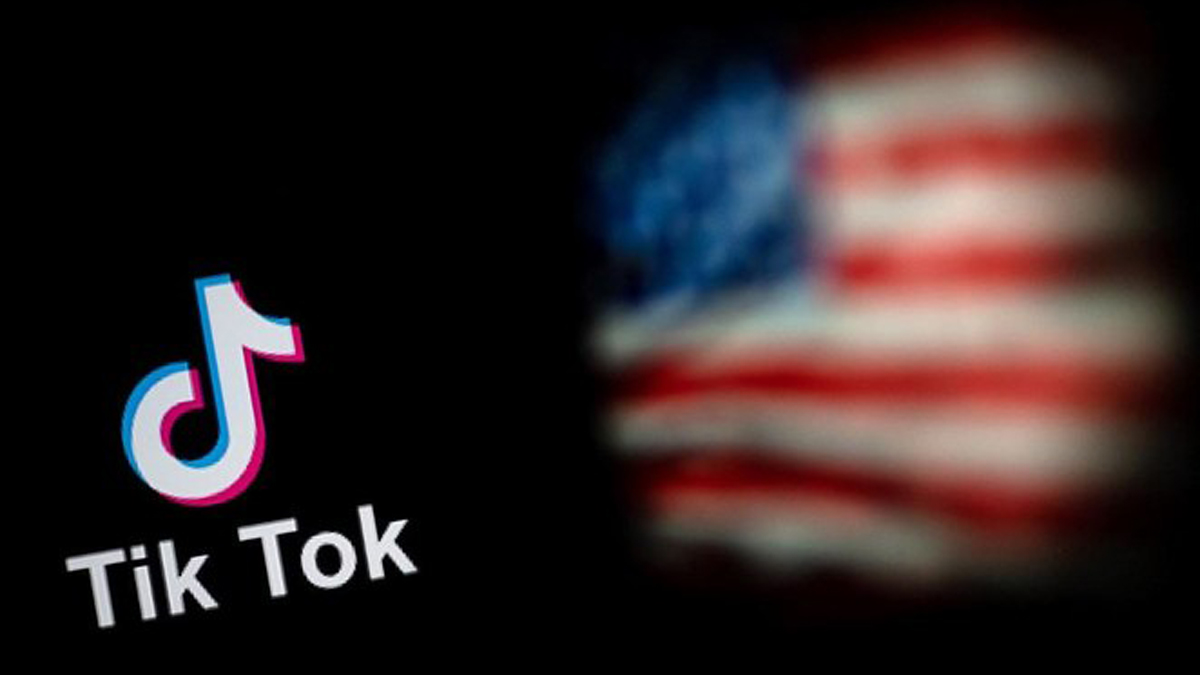
US Sues TikTok, Alleges App Profits From Child Sexual Exploitation

The lawsuit alleges “TikTok Live” has manipulative design features that contribute to the emotional, financial, and sexual exploitation of children.
The state of Utah has filed a lawsuit against TikTok, accusing the video-streaming app of operating a “virtual strip club” that exposes young users to sexual exploitation. Filed on June 3 in the Third Judicial District Court, Salt Lake County, by the Utah Department of Commerce’s Division of Consumer Protection and Attorney General Sean D. Reyes, the lawsuit claims that TikTok’s “TikTok Live” feature has facilitated the exploitation of children.
Allegations and Claims
The lawsuit, heavily redacted in parts, asserts that TikTok has profited from manipulative design features that exploit children emotionally, financially, and sexually. The “TikTok Live” feature allows users to stream live videos and interact with viewers who can send virtual gifts that can be converted into real money. This, combined with TikTok’s virtual currency system, has allegedly enabled adults to exploit children by soliciting sexual acts in exchange for these gifts.
“Live is far from a safe place for users—particularly children—and these dangers are no accident,” the complaint states. “The harmful and unconscionable acts on Live stem directly from TikTok’s in-app virtual economy, which has already facilitated billions of dollars in transactions.”
The lawsuit further alleges that the lack of oversight on these transactions has fostered a culture of exploitation and illegal activity, with TikTok allegedly benefiting from each transaction.
TikTok’s Response
In response to the lawsuit, a TikTok spokesperson claimed that the company has “industry-leading policies and measures to help protect the safety and well-being of teens.”
“Creators must be at least 18 years old before they can go Live, and their account must meet a follower requirement. We immediately revoke access to features if we find accounts that do not meet our age requirements,” the spokesperson said.
However, TikTok did not respond to a request for comment from The Epoch Times.
Internal Documents and Further Accusations
The state of Utah’s lawsuit references internal documents obtained through a subpoena in a separate matter, indicating that TikTok is aware of how its Live feature operates. The documents suggest that TikTok Live functions partly like a virtual strip club, where minors are encouraged by adults to perform illicit acts in exchange for virtual gifts.
The lawsuit also claims that TikTok Live’s virtual currency feature evades regulatory schemes designed to prevent sexual exploitation and other illegal activities, such as money laundering, terrorism financing, drug sales, and illegal gambling.
Legal and Regulatory Context
This lawsuit seeks to stop TikTok from profiting from deceptive design features that facilitate sexual exploitation and other illegal acts. Utah’s Attorney General and the Division of Consumer Protection are also seeking a jury trial.
This is the second legal challenge Utah has mounted against TikTok. In October, the state sued the company over its addictive algorithm and features that allegedly contribute to a mental health crisis among young users. That case, as well as a similar challenge against Meta, the owner of Facebook and Instagram, is still ongoing.
Potential Ban and Broader Implications
TikTok faces a potential ban in the United States, with President Joe Biden signing a bill in April that requires ByteDance, TikTok’s parent company, to sell TikTok to an American owner within a year or risk being banned from U.S. app stores. ByteDance has vowed to challenge any ban.
The outcome of Utah’s lawsuit, along with the broader legal and regulatory scrutiny, could significantly impact TikTok’s operations and its presence in the U.S. market.












Comments